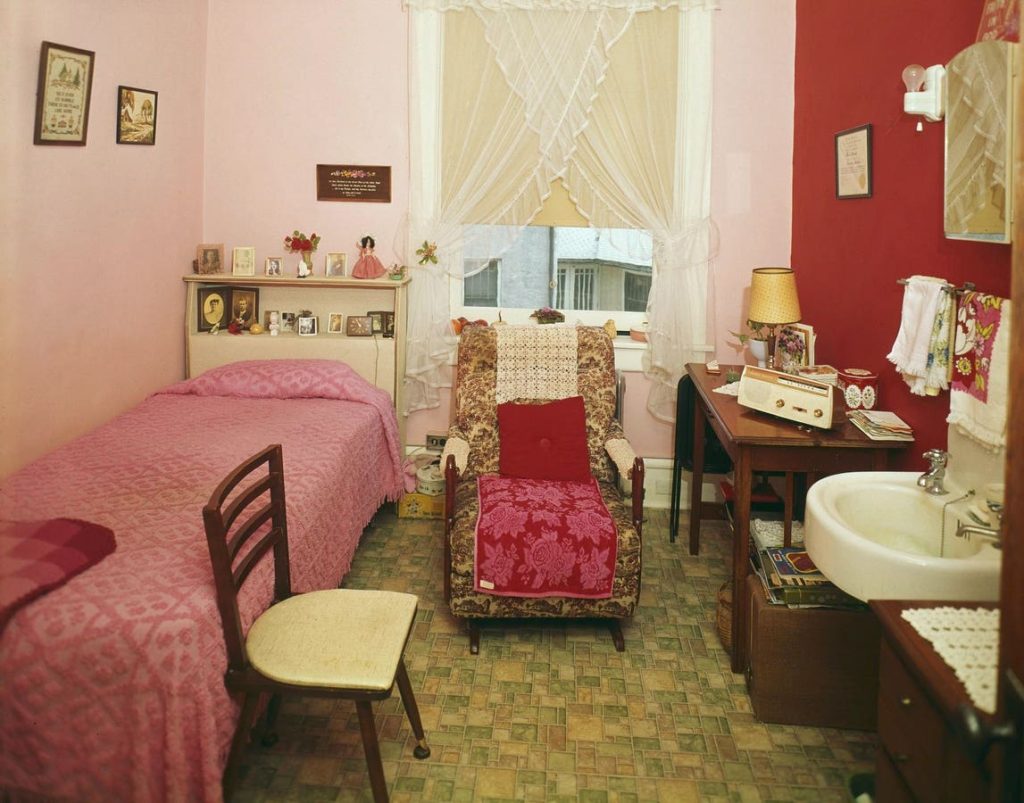In today’s society, families are facing the tough decision of how to care for aging parents and loved ones who are losing their independence. In cases where the elder lives far away from family, assisted living seems like a viable option. However, the dilemma arises when neither the kids want to move closer to the aging parent nor the parents want to leave the familiar town they have lived in for years. The elder requires assistance and monitoring, which makes the supportive community of assisted living an appealing choice.
Assisted living is an environment where seniors can receive help with activities such as bathing, walking, and dressing, thus providing a social setting with caregivers. However, it is essential to note that assisted living is not equivalent to nursing homes. More often than not, assisted living facilities do not mandate the relocation of elders to facilities with skilled nursing care as their health declines. This lack of clarity can pose risks for families who may have to make urgent decisions regarding the care of their loved ones.
One major concern for families is the issue of trust when it comes to the safety and well-being of their loved ones in assisted living facilities. While families expect these facilities to provide proper care, there is no definitive way to measure the quality of care being delivered, leading to potential risks of neglect, falls, and other mishaps. These facilities offer custodial care rather than nursing care, and families may not realize when their loved one needs more advanced medical attention.
To ensure the well-being of aging parents in assisted living, families are advised to take proactive steps in monitoring their loved ones regularly. This includes conducting thorough research on assisted living facilities, personally visiting the facilities, and seeking information from state licensing entities for any complaints or citations. Establishing a relationship with a staff member at the facility can help families stay informed about their loved one’s condition and ensure that any concerns are addressed promptly.
For families living at a distance from their aging loved ones, hiring a geriatric care manager or a trusted individual to check on the elder regularly can provide peace of mind. It is crucial to focus on the known health conditions of the aging parent and monitor for any changes in their status. In cases where an elder’s health deteriorates, families may need to consider transitioning to a skilled nursing facility for more specialized care, with the guidance of their primary care physician.
In conclusion, while assisted living can be a suitable option for some families, it is crucial to choose wisely and conduct thorough research when making this decision. Regular monitoring and communication with the assisted living facility can help ensure the safety and well-being of aging loved ones. Families must be prepared to make informed decisions regarding the transition to skilled nursing care if the need arises, prioritizing the health and comfort of their aging parents and loved ones.


